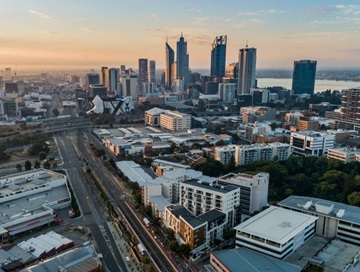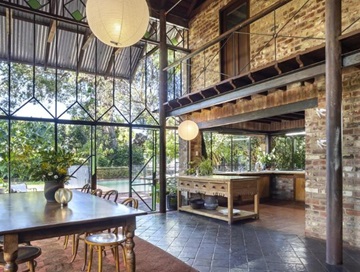When it comes to choosing a block of land, it is important not to make impulsive decisions.
Instead, take your time and think about the best site characteristics to suit your building plans.
Be thorough
We've put together a check-list of items that will help you narrow the field and find your perfect block:
- Think about the likely design of your new home and its orientation on the block.
- Think about energy efficiency and try and maximise the areas which face north to receive the winter sun, and conversely minimise the exposed window areas facing west into the summer sun.
- Ask the developer or local council about the minimum distance required between the front of the house and the road and the distance required between the house and side fences. These are known as 'setbacks'. If you have bought a block and find that the setbacks don't suit your preferred design you'll have to change it or possibly chance your luck and seek special consideration from your local council.
- What might your windows overlook? If you are buying into a production home neighbourhood make sure you have a level of privacy that meets your expectations.
- Does anything have the potential to block worthwhile views? What are the builder's plans for homes around you? Is any urban construction planned by the local council which might later be visible from your site?
- How is the lot shaped and how will your home of choice fit on it? It may be worthwhile to inspect the block with your preferred builder for advice on the suitability of the block for your home design.
- If the block slopes, calculate the extra cost that might be involved in levelling it. Even flat-looking blocks can sometimes have a slight sloping that requires modest site works.
- How will the area drain? If it's in a low lying area check that the available draining system will prevent flooding and consider any possible run-off water from adjoining blocks on higher ground.
- Ask about easements for access, utilities and any other purposes that created their existence. Generally speaking, you are not permitted to build any structure over an easement, so make sure this is not space you might be thinking for a pool, shed or home extension.
- If you are lucky enough to be buying a block near the beach in any of the expanding coastal suburbs, you might like to find a well positioned one where you can best catch the cooling sea breeze during summer.
.tmb-imgwidgetm.jpg?sfvrsn=73b8e3b7_1)









767bbbc6-4993-4f16-8933-e9b2baaac7a0.tmb-rcarousel.jpg?sfvrsn=8cf14270_1)